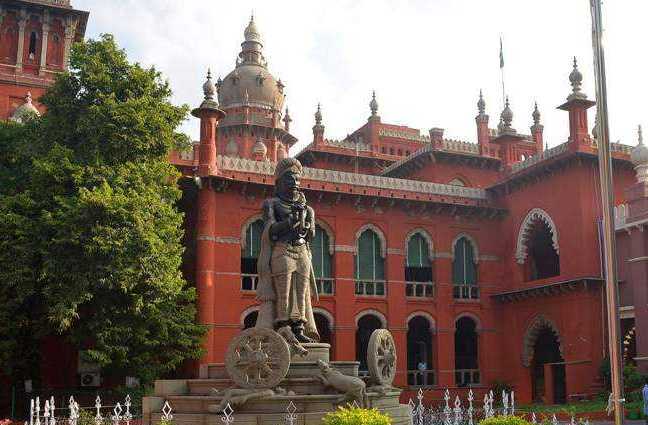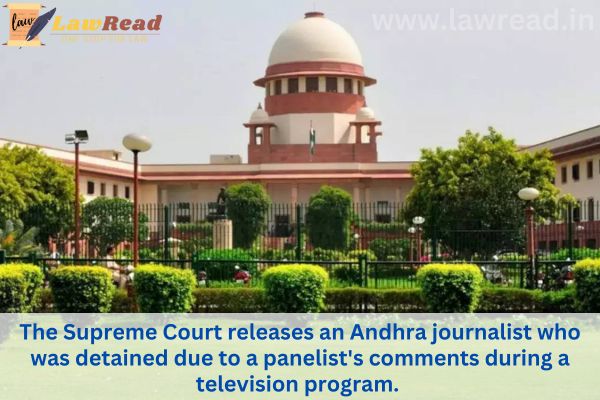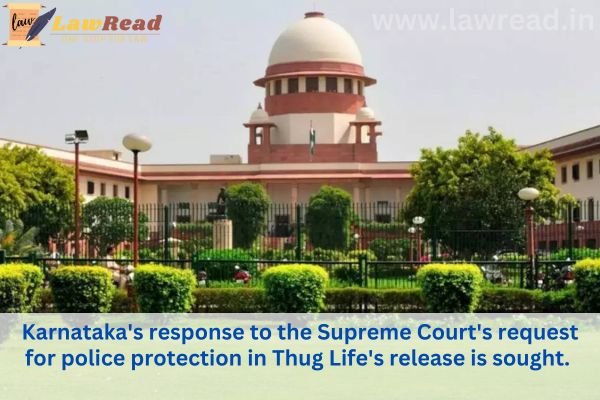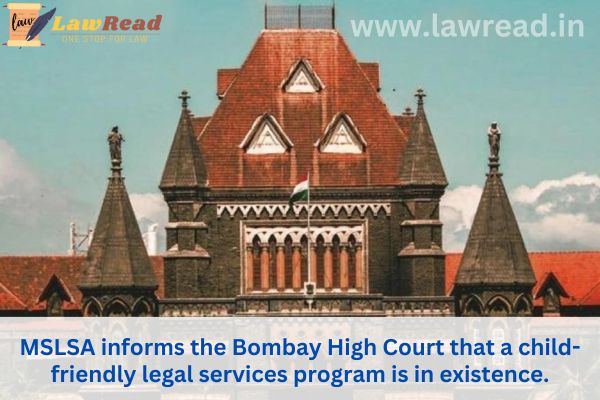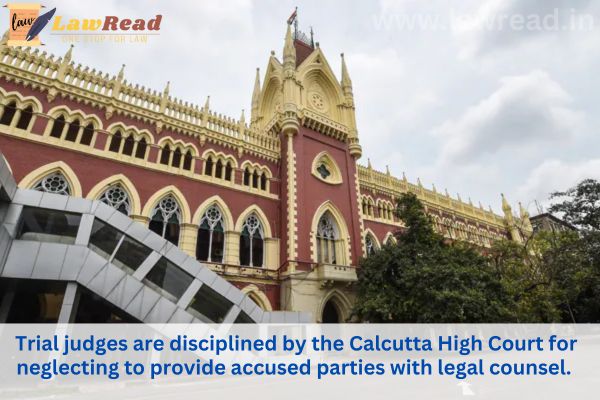News
Will the Hindu endowment boards include Muslims? The Supreme Court's main findings in the Waqf Act case.
Numerous experienced attorneys came before the Court to either support or oppose the modifications.
.jpg)
Hearing arguments in petitions contesting The Waqf (Amendment) Act, 2025, the Supreme Court on Wednesday suggested halting the major reforms implemented by the Narendra Modi-led Central government to control Muslim religious holdings in India.
An interim order is anticipated to be issued on Thursday by a three-judge panel consisting of Chief Justice of India Sanjiv Khanna, Justices PV Sanjay Kumar, and KV Viswanathan. Numerous experienced attorneys came before the Court to either support or oppose the modifications.
Bar and Bench examines the main findings from today's top court.
You cannot change the past: CJI
CJI Khanna stated today that the government cannot alter history by implementing changes to Waqf law.
He was referring to the new Act's ability to de-notify properties that had previously been declared waqf.
"When a public trust is declared to be a Waqf 100 or 200 years ago.. suddenly you say it is being taken over by the Waqf board and declared otherwise," the Supreme Court stated.
Will the Hindu endowment boards include Muslims? CJI
The law's revisions allow non-Muslims to serve on Waqf Boards and the Central Waqf Council. CJI Khanna asked Solicitor General (SG) Tushar Mehta a direct question during today's hearing:
Are you implying, Mr. Mehta, that going forward, Muslims will be permitted to serve on Hindu endowment boards? "Speak honestly!"
When sitting on the bench, judges lose their faith: CJI
CJI Khanna expressed surprise at SG Mehta's position that the Bench cannot hear the issue if the argument against it were accepted in relation to the inclusion of non-Muslims in the Waqf Boards.
The CJI was not pleased with the SG's reference to the three judges on the Bench's Hindu heritage.
"What? when we're seated here. We become less religious. Both sides are the same to us. In what way can it be compared to the judges? The CJI said, "Then why not include non-Muslims on the advisory council of Hindu endowments as well?
Document production might not be feasible.
The Court also noted today that some religious estates that may have existed for centuries may not be able to produce papers such as sale deeds.
"Government property is the problem. We lacked a Transfer of Property Act and registration prior to the arrival of the British. The 14th and 15th centuries will see a large number of masjids. "What if Jama Masjid?" it asked.
SG Mehta stated on this,
"What stopped them from registering it?"
In doubt are the collector's powers.
During the hearing, the authority granted to government officers and collectors under the modified Waqf Act was also discussed.
"Is that reasonable? It ceases to be Waqf the instant the collector begins making decisions! "Is it fair?" inquired the Court.

